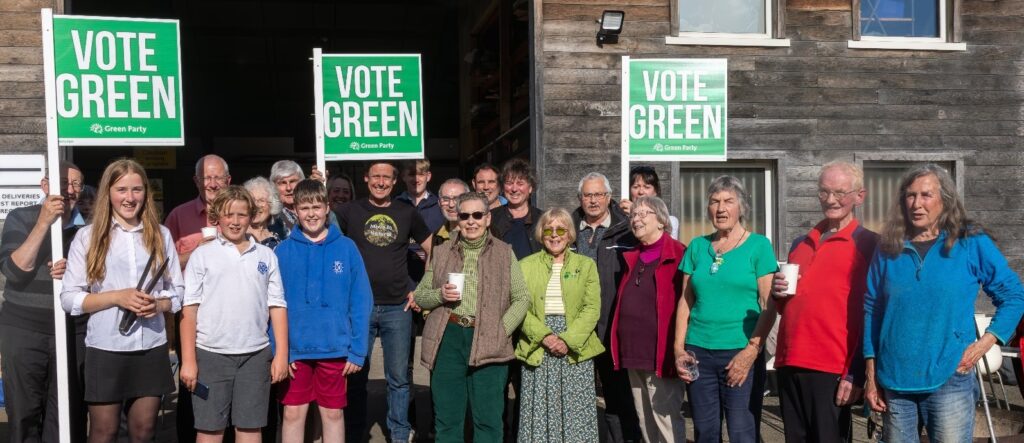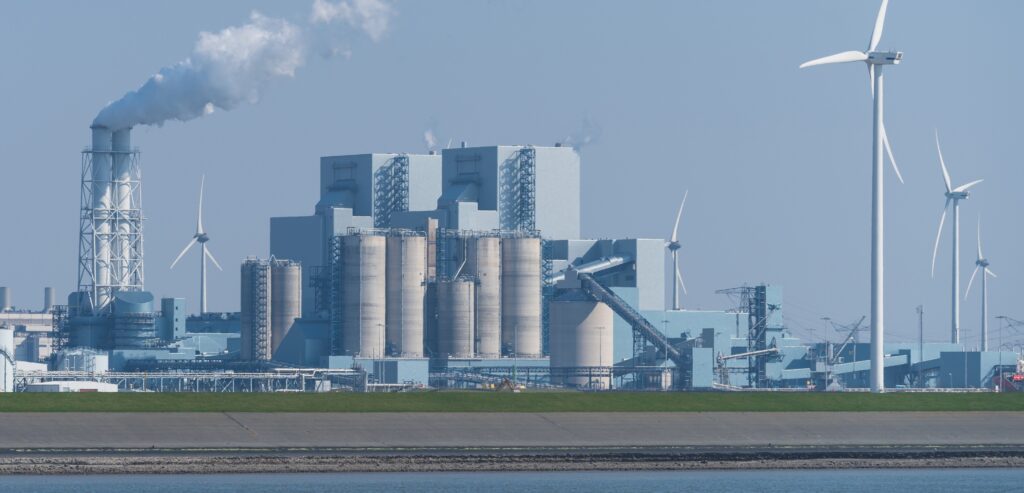
Politics is in a state of crisis – most people have lost complete faith in our political system. Our MP has failed to represent our needs for many years, which brings a desperate need for real change – this can’t happen without voting for a more robust MP in Thirsk & Malton – one who will fight for our local priorities.
“I have a genuine and unwavering passion to bring positive change to our area – we can’t wait another five years to be heard in parliament.”
Anyone who has met Green Party candidate, Richard McLane, will know there is not another contender with his passion for making this area a better place to live and work; a successful businessman, Richard is not afraid of speaking up for what he believes in.
HOW CAN RICHARD MAKE A DIFFERENCE?
If elected, I will achieve the results we need.
Here are my TOP PRIORITIES:
1. Protecting Agriculture and Increasing Resilience of Small Family Farms
The government must stop undermining our farmers and increase resilience of the sector. The decline we have seen in agriculture over the last 40 years is shameful – if we act now, we can reverse this trend. We must not allow supermarkets to control prices; tariffs should be imposed on low quality food imports; while improved subsidies and financial support are essential to creating food security.
2. Reducing the Cost of Living & Making Housing More Affordable
For today’s profits, the Tories are stealing from our future. House builders have monopolised the new build market – lobbying the government to reduce legislation in return for generous donations to their party. Houses must be insulated and heated efficiently; built to better standards; while investment and support of renewable infrastructure will bring electricity prices down long-term.
3. Local Business Support – A More Progressive Tax System
A progressive tax system is needed to help independent businesses thrive and compete with large chains and corporates. I have founded and continue to lead two successful businesses and so understand the challenges and lack of support. Local businesses uphold the standards of quality we need; they boost the economy, provide jobs and take care of staff. They are a central pillar of the community which we must value.
4. Education – Less Pressure with More Practical Opportunities to Learn
There’s a place for exams in education, however the intensity of tests imposed on children is out of control. The focus of education needs to be realigned with personal needs. Improved funding is required for schools to provide a more varied curriculum – incorporating subjects connected with ‘real life’ such as financial management; food production; agriculture; biodiversity; and outdoor pursuits.
5. Stop Privatisation – We Need Public Ownership of Public Services
We need to take public ownership of public services – save the NHS, take control of our railway network, clean up rivers and protect our water services from privatisation. Why should we tax payers bail out huge corporations such as Virgin Trains, when they fail to make the profits they’d planned. Putting these services up for auction is not a solution – underinvestment needs addressing to guarantee free access and superior standards.
6. Social Justice – Creating Equal Opportunities & A Fairer Society For All
There is no place for billionaires in this world. I want to bring social justice to the people who live here. Equal opportunities for all social backgrounds; fairer distribution of wealth across our society; assured access to quality, affordable food and housing; and a better standard of life for those with the lowest incomes is not too much to ask. I will make this happen for the people of Thirsk & Malton.
“We must embrace this opportunity – I will ensure my inputs and energies make the difference we require.”
I am always listening. This election presents us with the best opportunity we have ever had to elect a strong, local voice in Thirsk & Malton.
For questions or further information, please email: mclanesustain@gmail.com



Leave a Reply